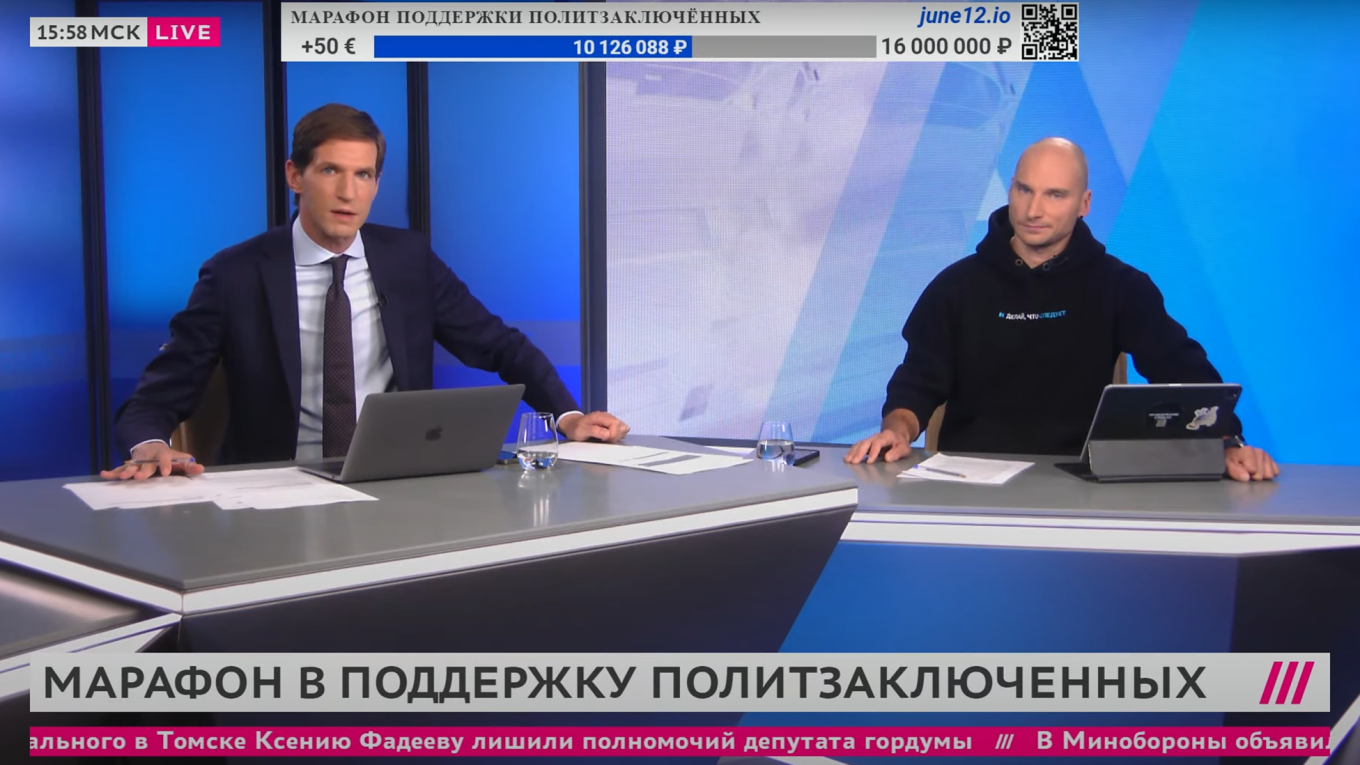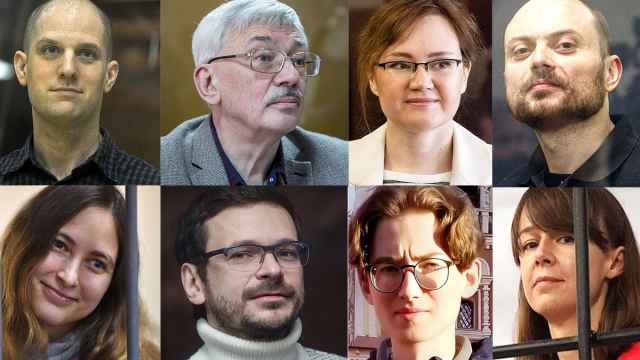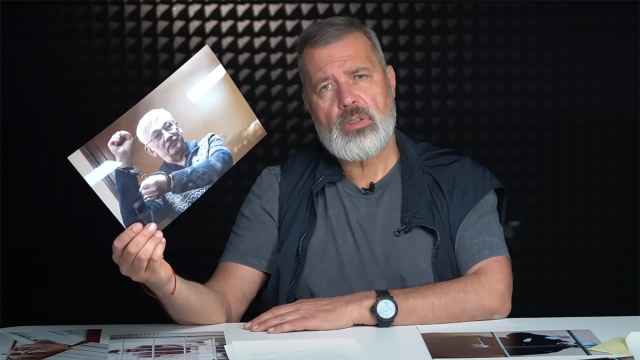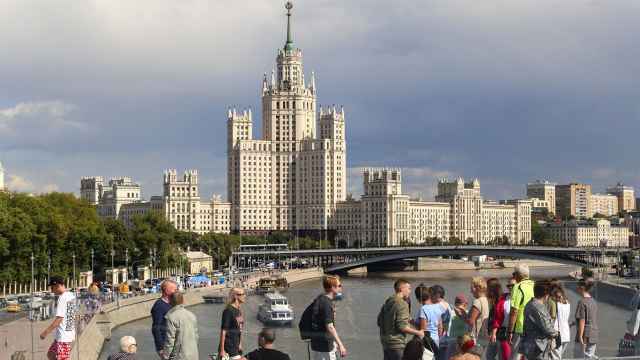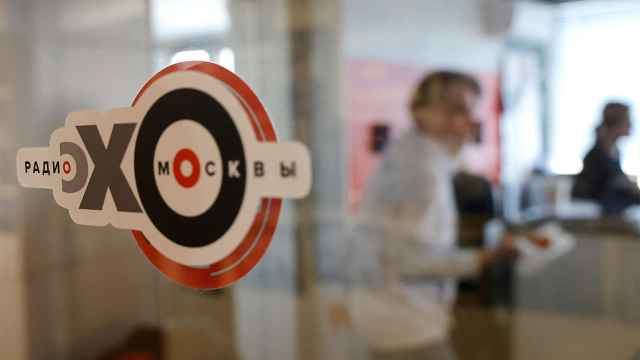Russian exiled media and activists held a telethon on Wednesday in support of the growing number of political prisoners inside Russia, raising tens of thousands of euros for those currently held behind bars.
Moscow has waged a sweeping crackdown against domestic dissent since the full-scale invasion of Ukraine in February 2022. Leading rights group Memorial says Russia now has 739 political prisoners.
Fears for their safety have grown since opposition leader Alexei Navalny died in prison in February.
Major Russian independent media outlets like Meduza, TV Rain and Mediazona, as well as a number of rights groups, ran Wednesday's telethon, which was live-streamed on YouTube. Called "You Are Not Alone," the donation drive aims to raise funds for political prisoners and their families.
Lawyers, activists and cultural figures who oppose the invasion of Ukraine were invited to speak during the telethon, including people like political scientist Yekaterina Shulman, blogger Maxim Katz and the brother of Alexei Navalny.
"People are sitting in prison for years. They need constant support for them and their families," Oleg Navalny said on the show.
He said prisoners face major expenses for family visits since they are often held in far-flung prison colonies, as well as the need to cover lawyer fees and fines.
Fears have especially grown for Vladimir Kara-Murza, a dual Russian and U.K. citizen currently serving 25 years in Siberia for denouncing the Ukraine invasion and criticizing the Kremlin.
One of his lawyers, Vadim Prokhorov, who is now also in exile, said Kara-Murza already had poor health after two suspected poisoning attempts in previous years.
According to Prokhorov, Kara-Murza has been held in different types of solitary confinement in a Siberian prison since September.
"This is, unfortunately, the road Navalny took," Prokhorov said.
A Message from The Moscow Times:
Dear readers,
We are facing unprecedented challenges. Russia's Prosecutor General's Office has designated The Moscow Times as an "undesirable" organization, criminalizing our work and putting our staff at risk of prosecution. This follows our earlier unjust labeling as a "foreign agent."
These actions are direct attempts to silence independent journalism in Russia. The authorities claim our work "discredits the decisions of the Russian leadership." We see things differently: we strive to provide accurate, unbiased reporting on Russia.
We, the journalists of The Moscow Times, refuse to be silenced. But to continue our work, we need your help.
Your support, no matter how small, makes a world of difference. If you can, please support us monthly starting from just $2. It's quick to set up, and every contribution makes a significant impact.
By supporting The Moscow Times, you're defending open, independent journalism in the face of repression. Thank you for standing with us.
Remind me later.


